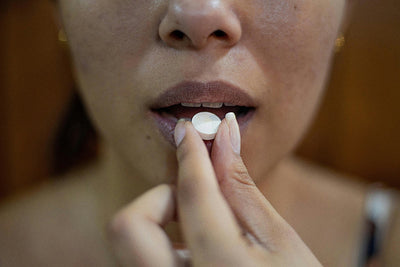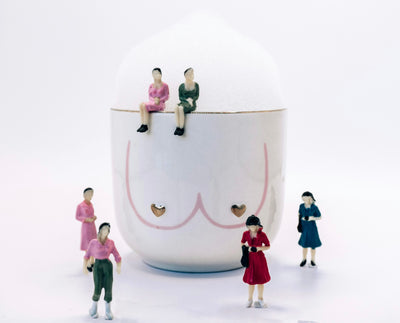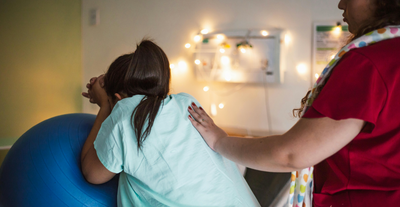Can Lead Be Present in Breast Milk and Is It Harmful?
Can Lead Be Present in Breast Milk and Is It Harmful?
Recent reports of high levels of lead in baby formula raise the question of whether lead can be found in breast milk. The short answer is that while breast milk is generally safe, it is possible for it to contain lead. Lead is a common contaminant in the environment and can make its way into breast milk if absorbed by the mother through food, water or airborne pollution.
Dr. Stephanie Canale, founder of Lactation Lab, developed a unique and proprietary test kit for measuring the level of lead and other toxins in breast milk.
“We were surprised to find elevated levels of lead in the breast milk of mothers who were unaware of any exposure to lead.”
No safe level of lead in blood has been identified, according to the Environmental Defense Fund. In children, even very low blood lead levels can cause behavioral problems and lower IQ. While lead pipes and lead-based paints are the most common source of lead in the environment, lead is also found in food.
-
Young children are particularly vulnerable to the adverse effects of lead, which are thought to adversely affect the brain, and nervous system. This is not only due to lower body weights but that children have been found to absorb 4-5 times more than adults when compared to a given source.
-
A recent research paper found that even very low levels of lead in breastmilk can have a negative effect on early development.
"This is why Lactation Lab developed a test for lead in breast milk," said Dr. Canale.
"Our intent is not to alarm mothers, but rather to help them identify possible sources of toxins and take steps to avoid them."
The Centers for Disease Control offers a handy guide to avoiding exposure to lead.
An EDF study of FDA data also found evidence of lead in baby food:
-
Fruit juices: 89% of grape samples contained detectable levels of lead, mixed fruit (67%), apple (55%), and pear (45%)
-
Root vegetables: Sweet potatoes (86%) and carrots (43%)
-
Cookies: Arrowroot cookies (64%) and teething biscuits (47%)
Moms could be consuming lead through the ingredients of baby food, such as fruits and root vegetables.
Breastfeeding mothers who are concerned about lead and other contaminants can order a test kit from Lactation Lab.






